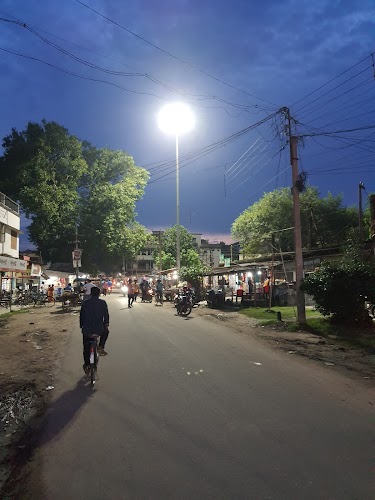
Debagram
Jalpaiguri, India
- Enjoy local Bengali cuisine.
- Explore local village life.
- Nature walk through the greenery.
- Photography of scenic landscapes.
- Visit nearby tea gardens.
Known for:
Description:
Debagram, a serene village nestled in the Jalpaiguri district of West Bengal, offers a tranquil escape from the hustle and bustle of city life. Characterized by lush greenery, sprawling tea gardens, and a laid-back atmosphere, it's an ideal destination for nature lovers and those seeking peace. The village provides a glimpse into rural Bengali life, with its friendly locals, traditional houses, and vibrant culture. While not a mainstream tourist spot, Debagram's raw beauty and simplicity hold a unique charm for offbeat travelers. The surrounding areas offer opportunities for exploring tea estates and enjoying the scenic landscapes of the Dooars region. Visitors can expect a refreshing experience away from crowded tourist circuits, connecting with nature and experiencing authentic rural India.
History:
The historical narrative of Debagram is intertwined with the broader history of the Dooars region and the tea industry. While specific documented historical events solely focused on Debagram are scarce, the area's development is closely linked to the establishment of tea gardens during the British colonial era. These tea estates brought economic activity and shaped the social fabric of the region. The local communities, primarily comprising indigenous tribes and migrant workers, have contributed significantly to the cultural heritage of Debagram. Over time, the village has retained its traditional character, with agriculture and small-scale industries forming the backbone of its economy. Today, Debagram stands as a testament to the enduring spirit of rural Bengal, preserving its cultural identity amidst modernization.